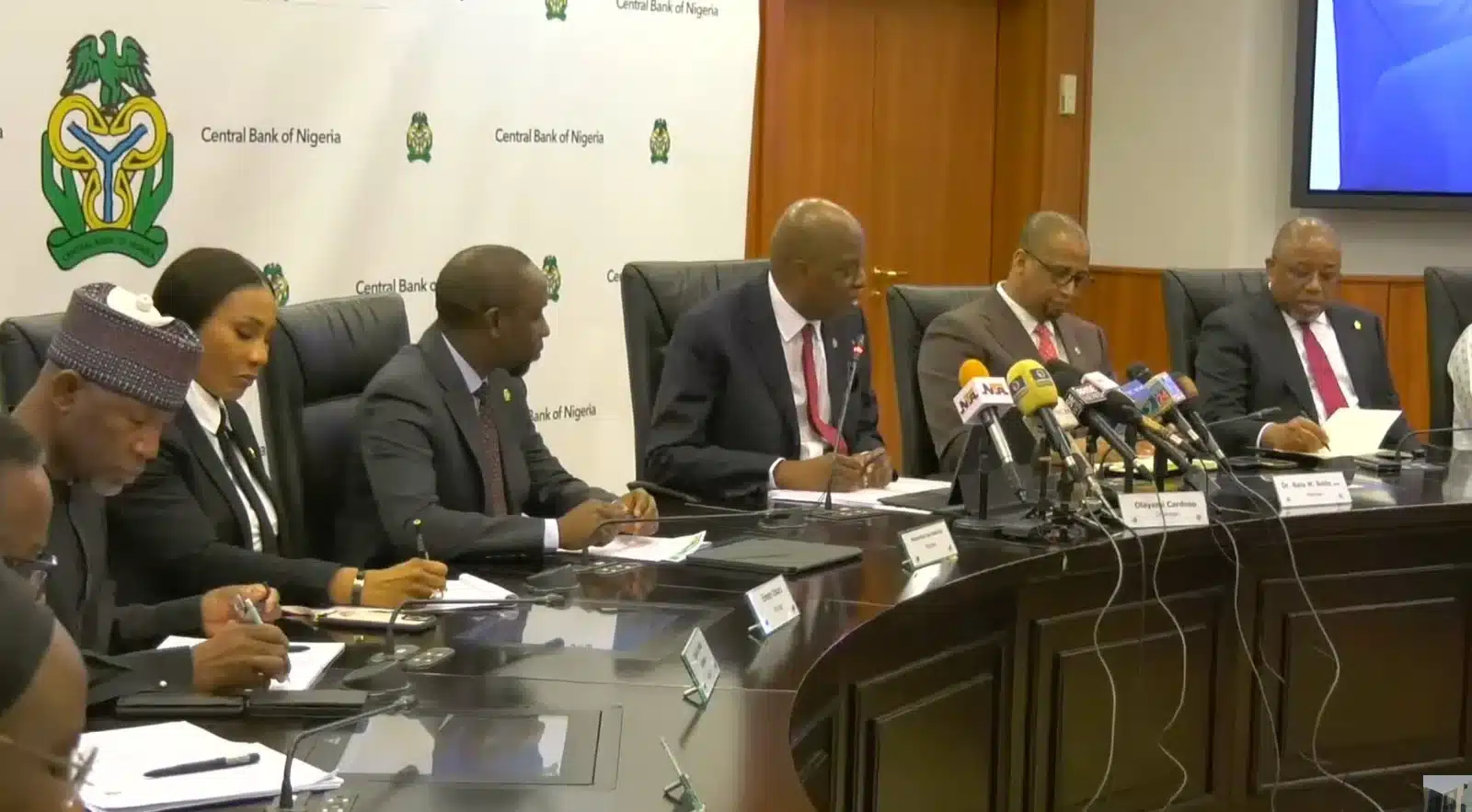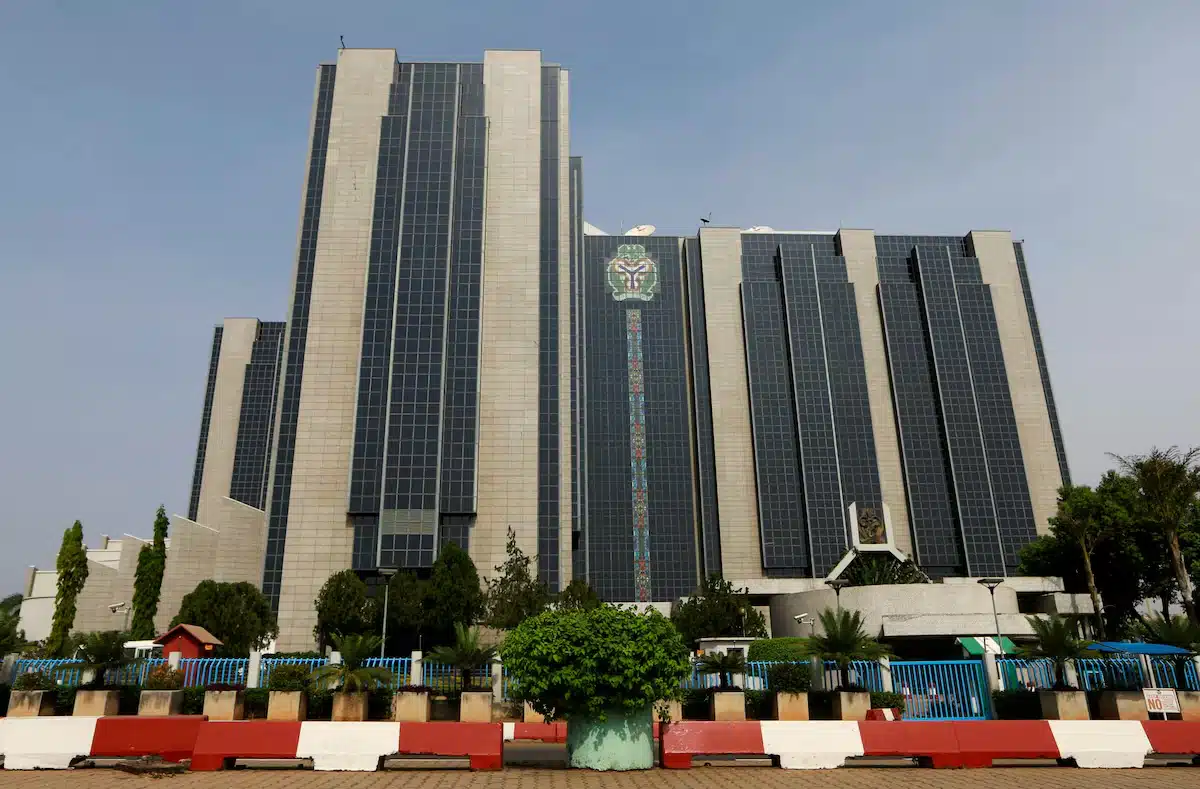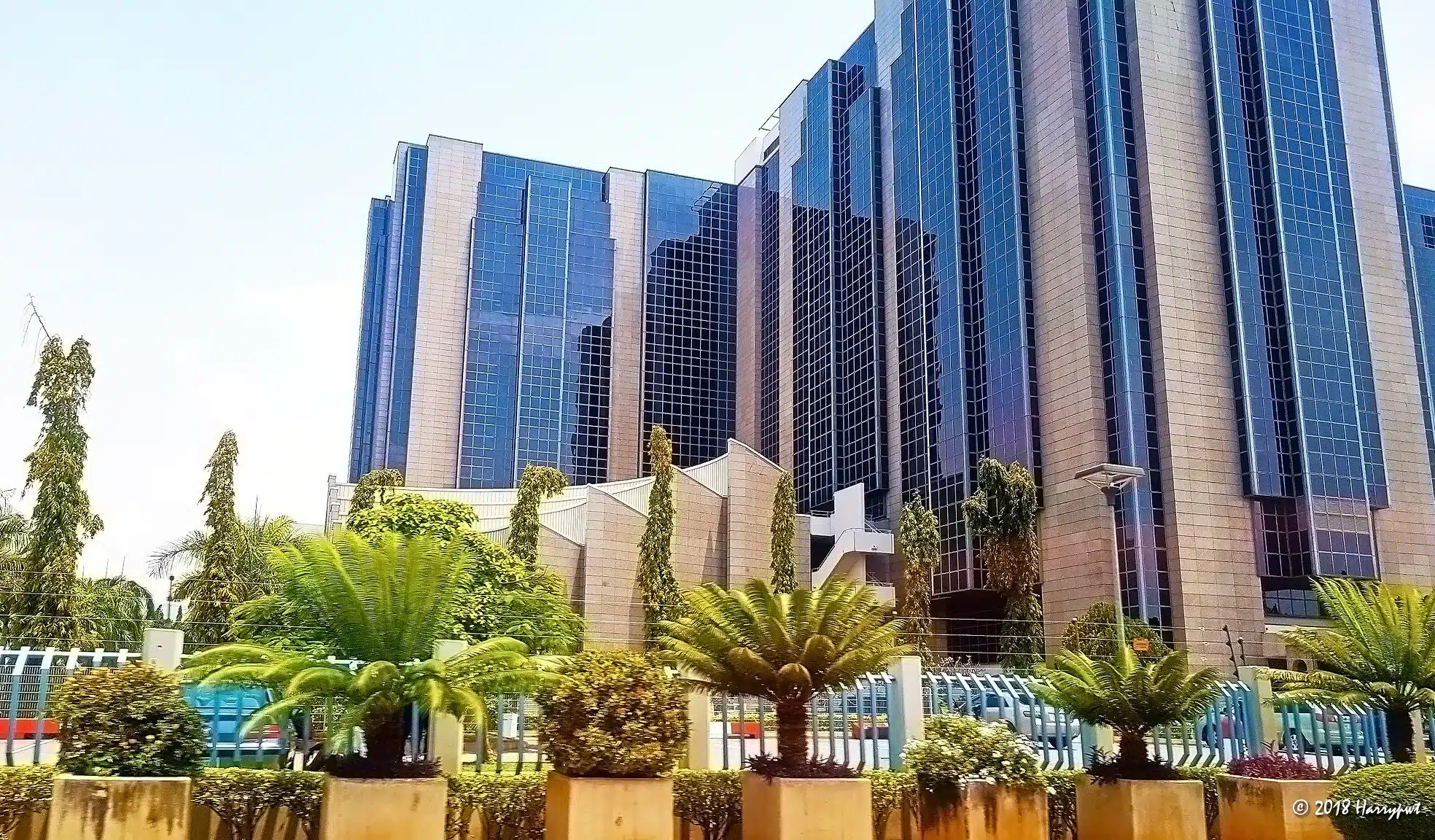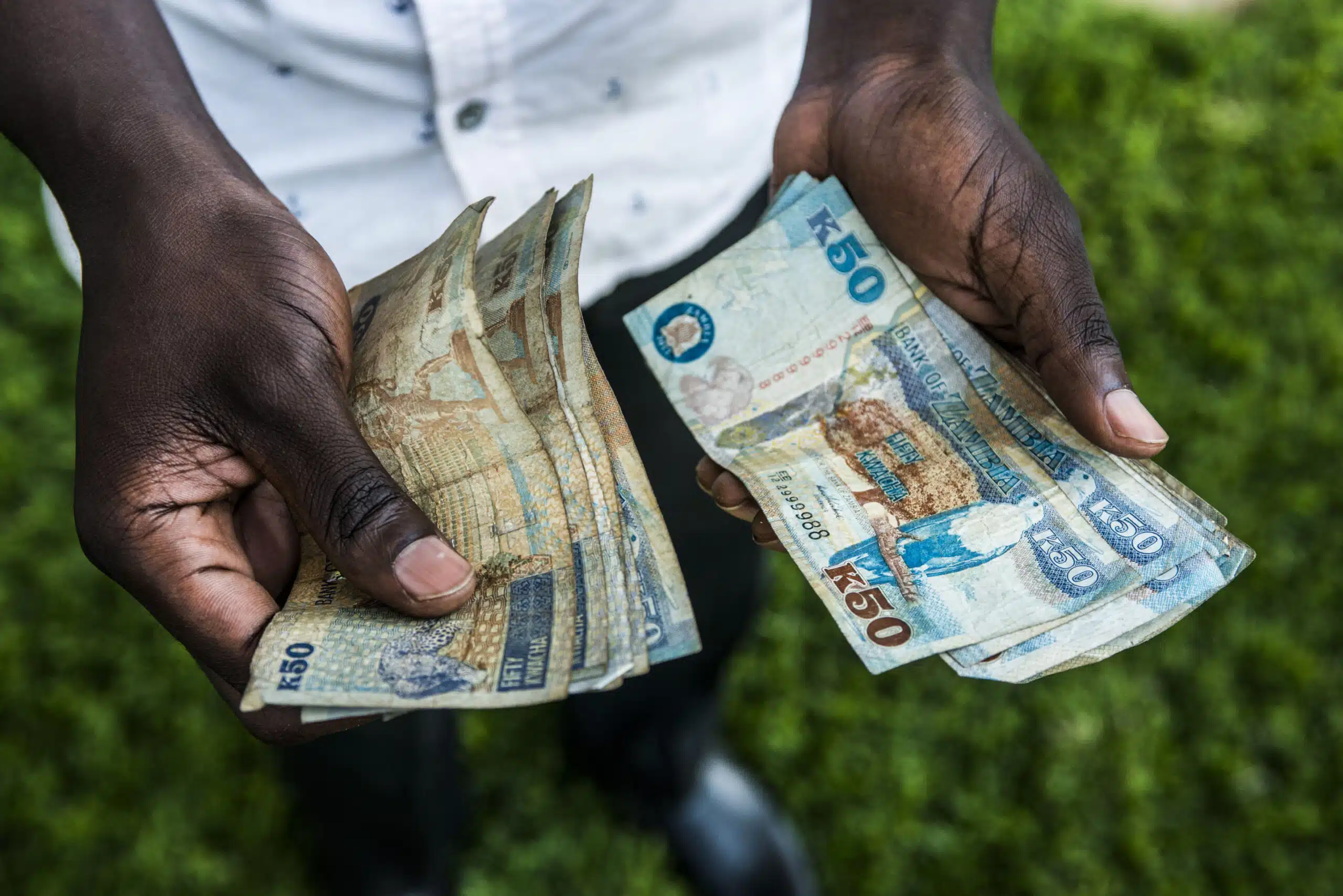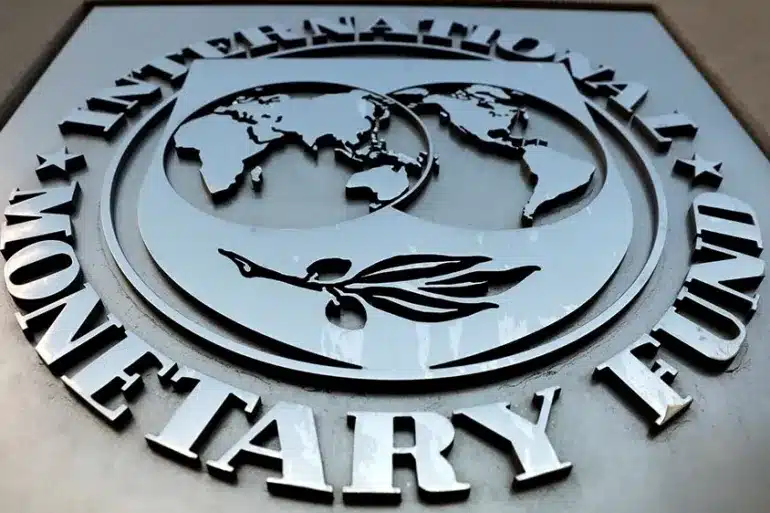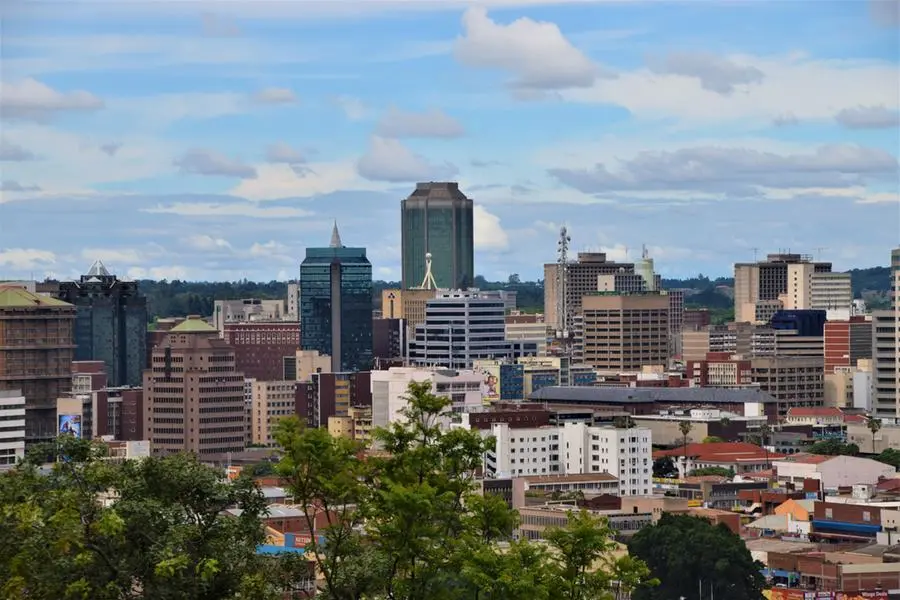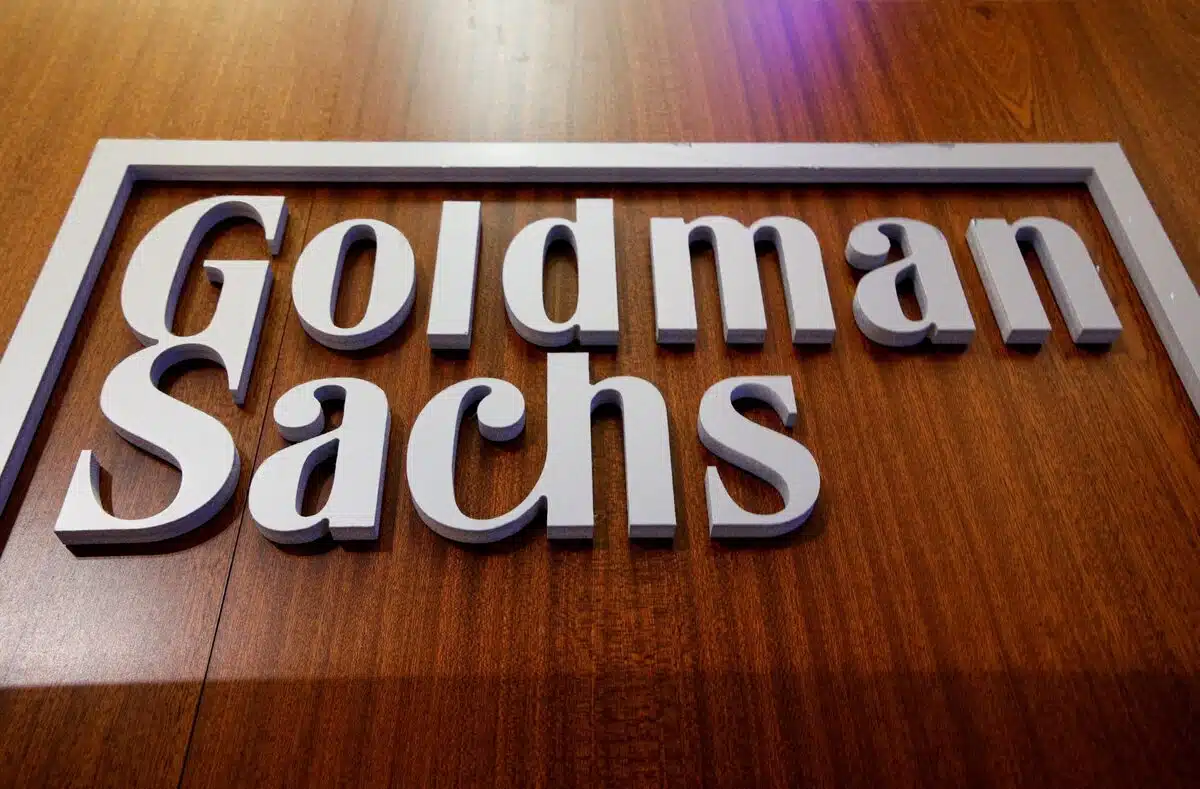Nigeria’s central bank is expected to begin cutting interest rates in the second half (H2) of 2025, following a year of aggressive monetary tightening, as inflation shows signs of sustained moderation and global interest rates lose steam, according to a new report by Afrinvest (West Africa) Limited.
In its H1 2025 Macroeconomic Review and H2 Outlook, the Lagos-based investment banking and research firm projects that the Central Bank of Nigeria (CBN) could lower the Monetary Policy Rate (MPR)—the country’s benchmark interest rate—by as much as 150 basis points (bps) to 26.0% by year-end.
“Barring any major shocks, we see headroom for up to a 150bps cut in the CBN’s benchmark rate in H2 2025, supported by less attractive rates in advanced markets and sustained disinflation locally,” the report said.
The CBN’s Monetary Policy Committee (MPC) is scheduled to meet for the third time this year on July 22–23, with market watchers closely monitoring for a potential shift in tone.
If implemented, the cut would mark the first rate reduction in nearly five years. The last time the apex bank lowered the MPR was in September 2020, when former governor Godwin Emefiele reduced the rate to 11.5% from 12.5% in July.
Last year, the MPC raised the MPR by a cumulative 875 basis points to 27.50% in an aggressive bid to curb spiralling inflation and support the naira. So far this year, the rate has held steady at 27.50%, following the committee’s last decision in May.
Relief for borrowers, but risks remain
A return to monetary easing would provide welcome relief to businesses and households grappling with high borrowing costs. However, analysts warn that any policy shift must be carefully managed to avoid reigniting inflation or undermining investor confidence.
Afrinvest’s outlook is underpinned by an improving macroeconomic backdrop, with inflation beginning to trend downward and external financing conditions turning more favourable.
Although inflation remains elevated, recent data show a consistent easing trend. A significant statistical revision by the National Bureau of Statistics (NBS) in January—through the rebasing of the consumer price index—resulted in an immediate 10.3 percentage-point drop in the inflation rate from December 2024.
Annual inflation eased to 22.7% in May 2025, its second consecutive monthly decline, down from 23.7% in April. That marks a notable improvement from the same period last year, when inflation was climbing steadily.
Despite the current downward momentum, Afrinvest is maintaining its 2025 average inflation forecast at 24.7%, citing expectations of a sharp year-end spike.
“Despite the wiping away of 10.3 percentage points in the headline inflation reading post-rebasing, our model suggests that the average rate for 2025 is not likely to materially deviate from our earlier projection,” the report said.
“This is due to the estimated spike in the December 2025 headline rate by no less than 12.0 percentage points, as a result of a very low base-year impact.”
The firm added that, barring significant disruptions—such as currency shocks, surging global energy prices, or renewed tightening by advanced economies—the CBN would likely have room to begin loosening monetary conditions before the end of the year.
Food inflation may rebound as insecurity escalates
Afrinvest also warned of a potential resurgence in food inflation in the H2, driven by rising insecurity in key agricultural regions and continued oil theft in the country’s oil-producing areas.
“The recent resurgence of insecurity in key agrarian communities has led to the death of over 400 people,” the report noted.
“This, alongside the unabated oil theft in the Niger Delta region, could derail the federal government’s revenue targets, trigger a resurgence in food inflation, and deepen the cost-of-living crisis in H2 and beyond.”
Food inflation – a major driver of Nigeria’s headline inflation— dropped sharply year-on-year to 21.14% in May 2025, from 40.66% in May 2024, largely due to the revised base year for price calculations.
However, on a month-on-month basis, food prices rose 2.19% in May, up from 2.06% in April, reflecting more moderate price declines in staple goods.
Currency outlook revised upward on FX reforms, stable reserves
Meanwhile, the report revised upward its forecast for Nigeria’s official exchange rate, projecting a year-end rate of ₦1,577.25/$1, compared to an earlier estimate of ₦1,804.45/$1.
Afrinvest attributed the revision to reduced pressure on foreign reserves, lower import bills, improved FX market transparency, and a gradual recovery in oil production.
Nigeria’s foreign reserves crossed the $40 billion mark in November 2024—the first time in nearly three years—following a series of CBN reforms aimed at improving market liquidity and rebuilding investor confidence.
Among the reforms were the launch of an electronic matching system for FX transactions, the introduction of a foreign exchange code of conduct (now signed by all Nigerian banks), and the dismantling of opaque market practices.
According to data from the FMDQ OTC Securities Exchange- Nigeria’s largest exchange by market turnover , year-to-date FX inflows stood at $45.1 billion as of June 13, 2025—a 60.2% increase year-on-year, underscoring improved liquidity in the foreign exchange market.
Outlook: Policy space opens, but upside risks linger
With disinflation continuing, FX conditions stabilising, and interest rate cuts likely on the horizon, Nigeria’s macroeconomic outlook has turned more constructive.
For investors, the improving fundamentals offer a window into renewed policy flexibility and capital market opportunities—though risks remain around food inflation, insecurity, and global oil dynamics.

